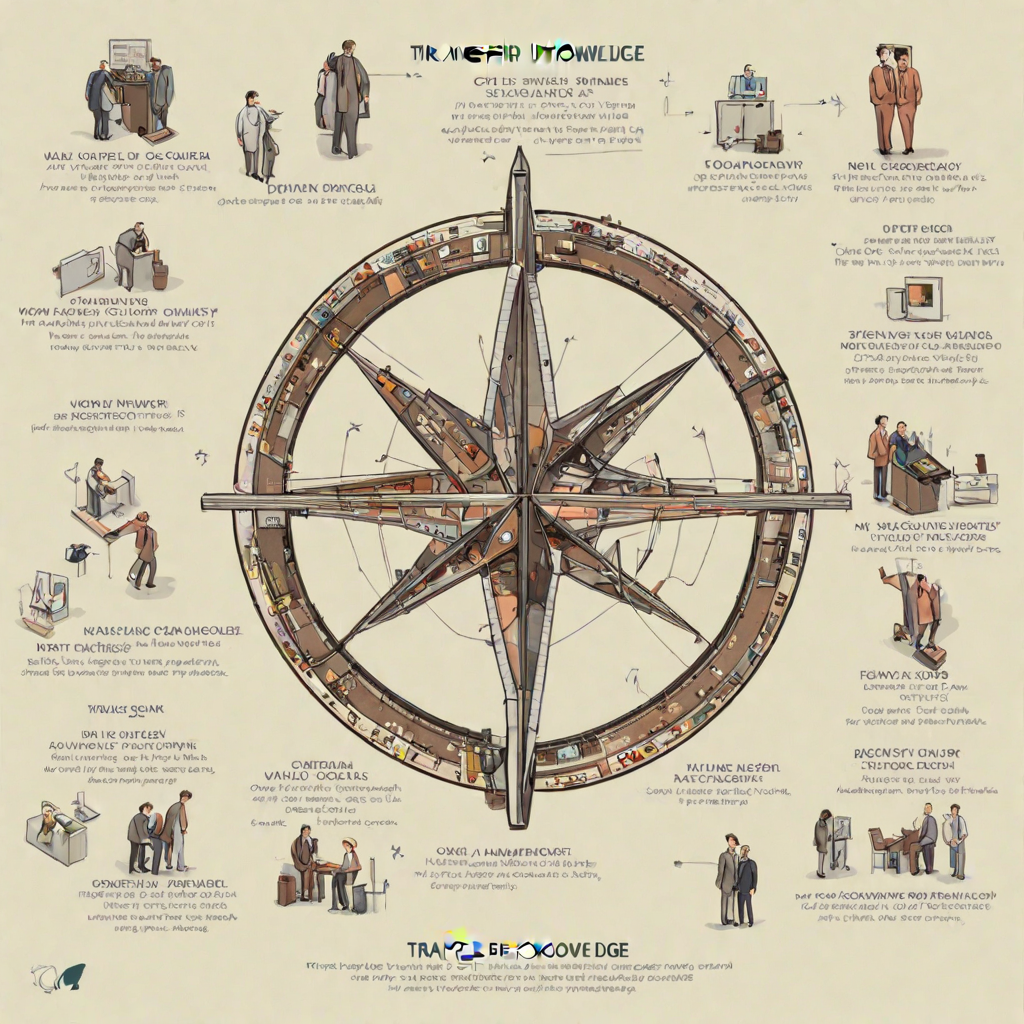
The Arqus Transfer Expertise study, conducted in 2023 as part of the Arqus Research and Innovation project within the Arqus Alliance and led by the Universities of Vilnius and Leipzig, aimed to explore and illustrate best practices in transfer to strengthen the link between Arqus universities and their regional innovation ecosystems. With a special focus on best practices in Social Sciences, Humanities and Arts (SSHA), this project involved active collaboration between five Arqus partners: Universidad de Granada, Universität Graz, Universität Leipzig, Università degli Studi di Padova and Vilniaus Universitetas.
After studying and analysing best practice cases, recommendations were formulated, resulting in the creation of the “Arqus Transfer Guidelines”.
Best Practices in SSHA-transfer at Arqus universities
10 cases of best practice at Arqus universities are described below, 2 from each of the 5 universities participating in the study.
To read more about each of these best practice cases download the study.
Impronta Granada (University of Granada)
Local authorities and academics working together to apply academic expertise to find solutions around regional sustainability challenges e.g. sustainable agriculture and circular economy.
Laboratory 717 (University of Granada)
Open space for discussion and research on democratic participation. Provides a mapping of existing citizen participation processes in Andalusia for easier setting up of participative processes.
Digital Humanities Craft (University of Graz)
A spin-off company of Graz University, DH Craft OG, offers supporting scientific IT services for digital needs of the humanities – for example for projects of cultural institutions or specific research contexts of the digital humanities.
UNI-POP-UP (University of Graz)
In the summer of 2022, pop-up stores in pedestrian malls and shopping centres of Graz facilitated an exciting and creative form of academic dialogue between university and society on relevant contemporary scientific and social topics.
Science meets… (University of Leipzig)
Together with a societal or business partner, students and researchers at UL can apply for collaborative projects, joint events, joint research and development as well as validation, research, expert opinions or studies. Funding of up to €15,000 per transfer format.
Strengthen the power to act of municipalities (University of Leipzig – HKS)
Create participative formats for knowledge production and transfer to strengthen cooperation between the university and municipalities in overcoming challenges such as demographic and climate change. HKS closes the knowledge gap faced by small towns and municipalities with low access to scientific institutions by co-creating permanent structures for dialogue-based transfer on site.
SenSArt (University of Padua)
SenSArt (The Sensuous Appeal of the Holy) aims to bring about a paradigm shift in today’s understanding of medieval Europe and shed new light on historical, religious and cultural phenomena by spreading to academic and non-academic audiences its insights on the perception of art beyond the visual.
Concentus Musicus Patavinus (University of Padua)
This project combines weekly music-lovers meet-ups to make music together (whether in a Gregorian chant choir, a big band or and orchestra) with the dissemination of musicological research results to a wider audience.
MINDLETIC (Vilnius University)
A start-up of VU researchers together with mental health experts and organisations offers a “digital gym for mental health” to improve well-being at the workplace. The MINDLETIC APP gives those affected access to scientifically based tools to train their own mental health.
Social Hacking for Higher Education for Sustainability (SOHACK) (Vilnius University)
Students and teachers work together in interdisciplinary teams combining place-making and hackathons, focusing on sustainability challenges at the university itself, such as wasteful consumption or energy or food, increasing their skills and knowledge in relation to sustainability and sustainable teaching methods.
Recommendations for Action to increase Transfer of SSHAs
Resulting from a survey to transfer managers and researchers at Arqus universities and review of best practices in the Alliance, various recommendations for action can be formulated to increase the quantity and quality of transfer activities at universities, particularly with regard to the social sciences, humanities and arts (SSHAs).
- Develop a comprehensive concept of transfer encompassing SSHAs in a co-productive manner – also between universities.
- Anchor this understanding in the working and transfer culture of universities and develop mechanisms for its continuous communication.
- To overcome global challenges, aligning transfer strategies with the contribution of universities to achieving the SDGs, embedding all disciplines and their transfer in a forward-looking, meaningful framework for action.
- Bundling internal university structures and resources around the focus on sustainability to allow for long-term planning and networking to better utilise existing knowledge and strengthen mediating transfer formats to communicate scientific findings on societal challenges such as climate change or artificial intelligence.
- Promoting transfer sensitisation of young researchers by explicitly recognising transfer activities in recruitment, providing low-threshold financial support for transfer and offering training and advice on transfer instruments as well as compulsory transfer-oriented courses in Bachelor’s and Master’s degree programmes in all disciplines.
- Comprehensively documenting transfer activities from all academic disciplines to allow their management, and to measure their output and impact.
- Continue strengthening universities’ regional involvement, analysing the specific challenges and establishing partnerships with non-university stakeholder to co-creatively take on responsibility for a prosperous economic, social and cultural development of their regions.
